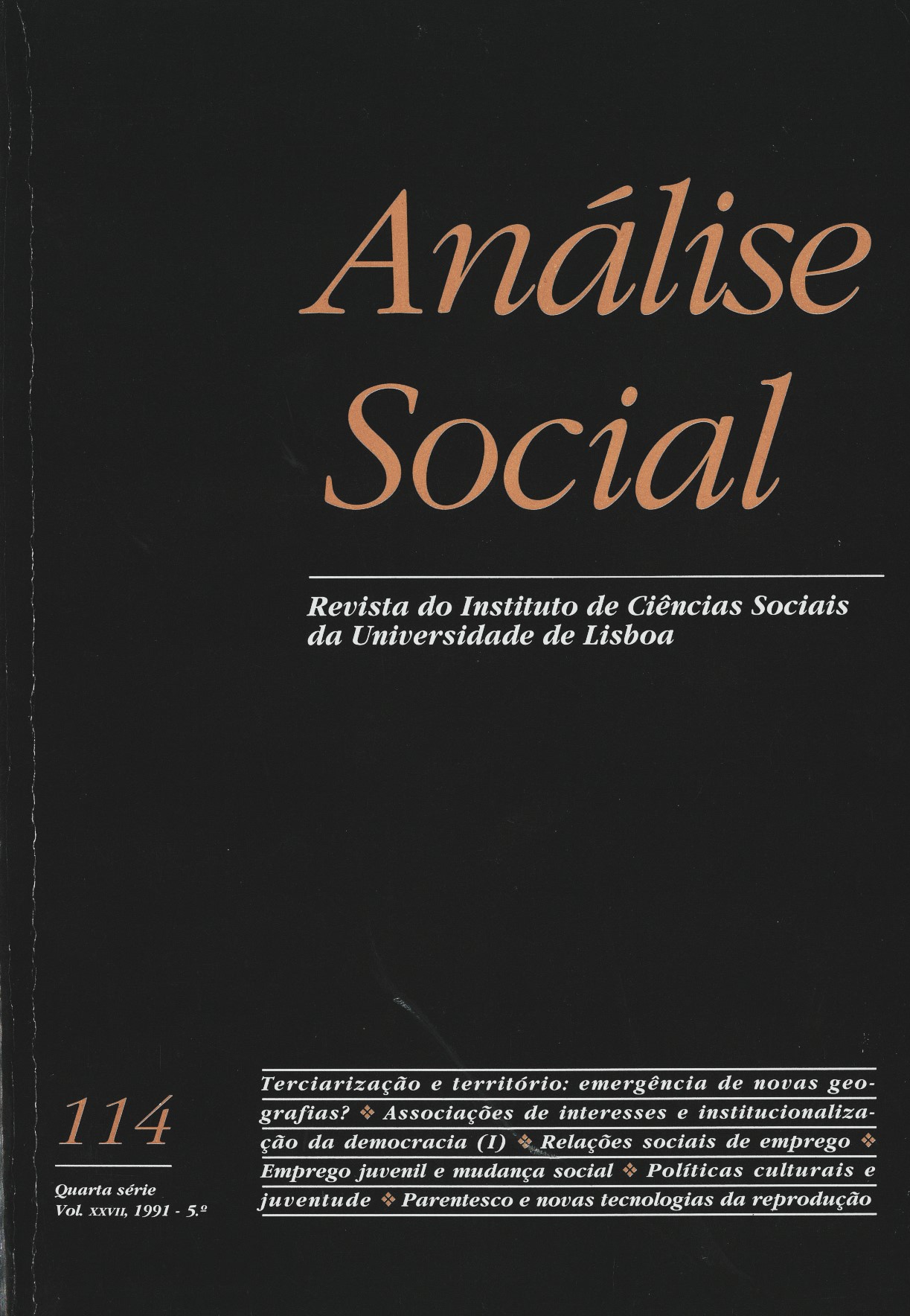Portugal and the abolition of the slave trade (1834-51)
DOI:
https://doi.org/10.31447/AS00032573.1991111.01Keywords:
slave trade, Portuguese colonies, sale of blacks, Sá da BandeiraAbstract
The last boom of the slave trade from Africa to the Americas was in the 1830's and 1840's, when most of the slaves came from the Portuguese colonies. This article analyses Portugal's attitude towards the sale of blacks vis a vis Britain's pressure to abolish slavery, from the victory of the liberals in 1834 to the closure of the main buying market, Brazil, in the early 1850's. This analysis concentrates on two points: on one hand, the evolution of the question in Portugal, with particular focus on Sá da Bandeira's «national way» to abolish slavery and on the other the situation in Portugal's African colonies, dominated by the slave traders. With this study, one will reach: the serious crisis which set Portugal and Great Britain against each other at the end of the thirties over abolitionism; the weight of other factors, i.e., nationalist ideology, before and during the crisis; and, in Africa, the importance of the triumph of the slave traders which stood in the way of the development of Sá da Bandeira's colonial project.



